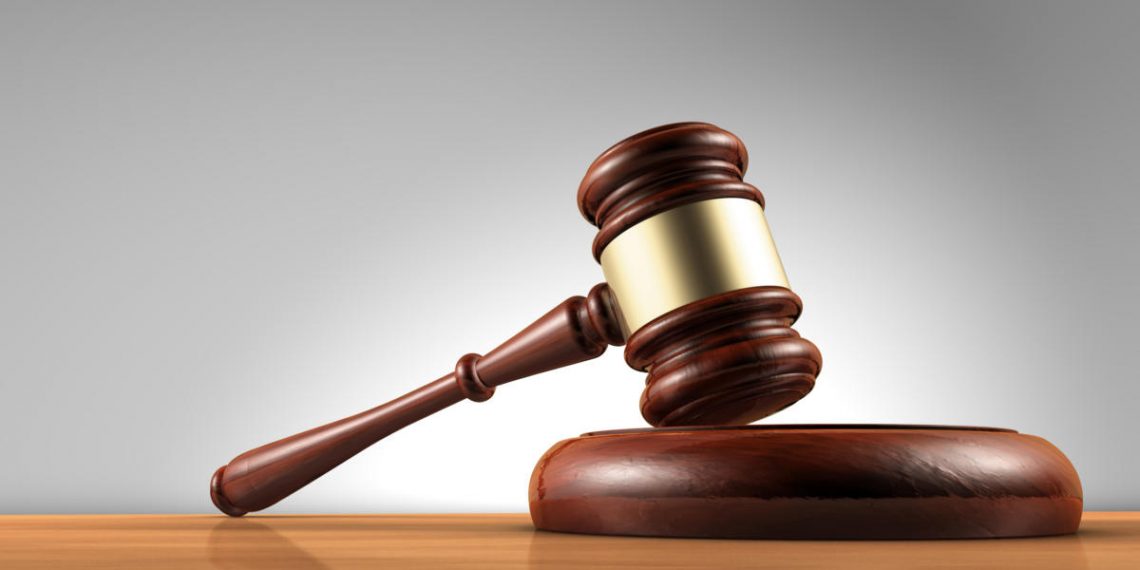Equity Bank Ordered to Pay Troubled Construction Firm KSh 485Mn from Kenya Pipeline’s Accounts

The High Court has ordered Equity Bank Kenya to release KSh 485 million from Kenya Pipeline Company (KPC’s) accounts to Zakhem International Construction Limited, a Lebanese firm, bringing to a close a protracted legal battle over unpaid sums from a 2020 court ruling.
- In a ruling delivered by Justice Josephine Mongare at the Milimani Commercial and Tax Division, the court found that the state-owned pipeline operator failed to comply with a January 2021 order to pay Zakhem the KSh485 million balance after settling its tax obligations with the Kenya Revenue Authority (KRA).
- The dispute dates back to June 2020, when Zakhem was awarded a partial decree of US$ 44 million in a commercial case over unpaid dues for work done on the Line 1 Replacement Project.
- Following the ruling, KPC made two payments to KRA, KSh3.09 billion in October 2020 and KSh915 million in January 2021, as part of Zakhem’s tax liabilities.
The High Court had explicitly directed that the remaining KSh 485 million, after settlement of the principal taxes, be paid directly to Zakhem. KPC, however, claimed that the entire amount had been consumed by additional tax demands from KRA, citing an agency notice dated January 7, 2021, for an extra KSh1.35 billion, allegedly covering penalties and interest. Based on this notice, KPC remitted more funds to KRA and asserted that nothing remained payable to Zakhem.
The court rejected this position, noting that KRA had not established that the additional payments were for penalties and interest. It also cited a prior ruling by Justice Ngenye-Macharia that faulted KPC for disregarding the 2021 orders and remitting excess funds to KRA outside the parameters set by the court. The judge ruled that any payments made beyond the ordered amounts were at KPC’s own risk and could not extinguish its obligation to Zakhem.
Zakhem supported its claim by producing letters from the National Treasury dated November 2022 and February 2023 confirming that all penalties and interest on its tax liabilities had been waived. The court found that this confirmed KPC’s payments to KRA were not justified under the previous orders.
KPC’s efforts to block the recovery were also based on the argument that the original suit had been withdrawn and that the parties had reached a final out-of-court settlement in 2023. The court dismissed this claim, pointing out that the consent referred to was filed after Zakhem had already withdrawn the suit and was never adopted as a judgment. A ruling by Justice Mugambi on February 2, 2024, had already declared the purported consent of no legal effect.
While Equity Bank acknowledged that it held sufficient funds to settle the KSh485 million, other banks where Kenya Pipeline held accounts including NCBA, Citibank, ABSA, and Co-operative Bank, either held insufficient funds or disputed Zakhem’s claims. The judge consequently released these banks from the proceedings, subject to confirmation that Equity Bank completes the full payment.
“Having found that KPC is indebted to Zakhem, it follows that the latter is entitled to attach the debt by way of garnishee proceedings. As stated, the Banks deposed on whether they are able to settle the debt owed by KPC. Equity Bank, the 1st garnishee, stated that it holds sufficient funds to satisfy the debt,” Justice Mong’are ruled.
The court further directed KPC to pay Zakhem’s legal costs for the application, assessed at KSh30,000. In addition, KPC was ordered to pay KSh30,000 each to the five banks that were released from the case for their legal costs.
A firm on the edge of collapse
At the same time, another Nairobi court is ordering Zakhem Construction Limited to settle a KSh 537.3 million debt owed to a Kenyan subcontractor Azicon Kenya Limited, marking a decisive legal blow to the firm and escalating pressure over its financial standing in East Africa.
The court ruling, delivered in late June, clears the way for enforcement action after Zakhem failed to honor payments for work completed during the Mombasa-Nairobi pipeline upgrade project.
The judgment followed a protracted dispute dating back more than six years. Azicon, which handled electrical, instrumentation, and telecommunications installations on the project, claimed that it completed its scope in 2018 and received formal certification for payment in March 2019.
The High Court rejected Zakhem’s last-minute attempt to block enforcement of the debt, ruling that the Lebanese firm had been accorded multiple opportunities to respond but failed to file any substantive objection.
In the absence of a contest, the court granted Azicon the green light to pursue enforcement through execution proceedings, a move that could subject Zakhem’s Kenyan-based assets to be liquidated if payment is not made promptly.

